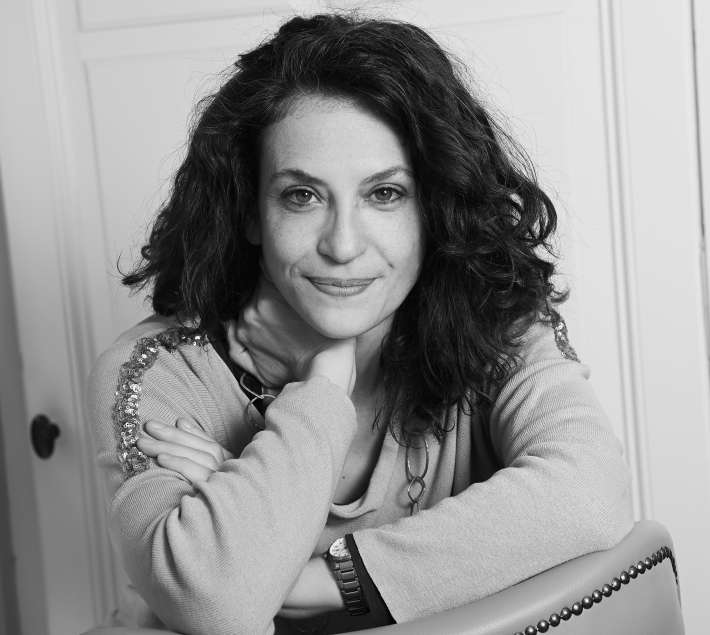An In Good Company podcast with Chiara Fregonese, Senior Consultant, Impact Italia
How does experiential learning work?
Impact have been leaders in experiential learning for over 40 years. In this podcast we explore what makes this style of learning so effective, is experiential learning suitable for everyone and why do global clients keep choosing to embrace this approach?
Latest listen
Chiara Fregonese is not just a senior consultant at Impact Italia, she’s an organisational psychologist, group analyst, facilitator, and researcher. For the last 13 years she’s been instrumental in designing, delivering, developing, and evaluating our experiential programmes and approach. When we decided to host a podcast dedicated to experiential learning she was our first choice of guest. We’re sure you’ll also be glad she said yes…
Tune in to hear what an Impact programme might look like, how experiential learning works for organisations not just individuals and can it be used in virtual situations or only face to face?
But first... here's a snippet of what Chiara said when Dan asked her:
What makes Impact’s model of experiential learning unique?
In (for example) the Kolb cycle you've got experience, reflection, conceptualisation and planning of action. And this is a cycle. It's very linear – you do it and we do it and then we do it again. What makes Impact’s model of experiential learning original, and I think more realistic, is that you have four elements. You have a direct encounter through an experiential project. Then we ask you to reflect on this experience, because reflection is what makes us able to extract what is useful for the future. Reflection is seldom something that you can do alone, you need a group, you need other perspectives to enrich that experience with some thought. We provide knowledge inputs, this learning could be from theory, well-established knowledge or books. And also the practice of new skills, you can rehearse, rehearse, rehearse something to make you master it. Impact’s model is unique because our combination of these ingredients is way more flexible than in other approaches, there is no fixed linearity, no fixed cycle and therefore the process is more realistic to what is happening to people in their lives, easier to apply and learn from.
Listen to the podcast on Spotify
Watch our interview here:
Listen again
025: Learning and leadership culture with Dani Saadu, Wavemaker
Coming up
027: Change, growth and sustainability with Simon Henzell-Thomas, Ingka Group (IKEA)
Follow Impact on Spotify and subscribe to our channel on YouTube
Find out more
